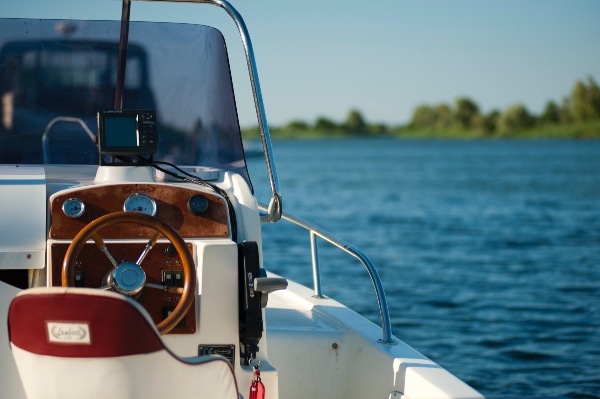Buying a boat is a major financial investment, and one that can provide you with enjoyment for years to come. However, many people rush into this decision without thinking it through. A boat seems like something different, and something exciting, and after coming up with the idea, they become convinced that it’s going to bring them happiness—without thinking through all the variables.
If you want to buy a boat responsibly, there are several questions you should ask yourself before going through with the decision.
Questions to Ask Yourself Before You Buy a Boat
Before you move forward with purchasing a boat, ask yourself these questions:
- Why do you want a boat? First, think about your motivation for buying a boat. There are plenty of good reasons to own a boat; for example, you might want something that can take you on the open water to fish whenever you want, or you might want something that can bring your family summer fun every year. But there are also a few “bad” reasons for wanting a boat—like if you’re looking to acquire a status symbol or compete with a neighbor. Examine your motivations carefully.
- What type of boat do you want? There are many types of boats out there, and they serve a range of different purposes. Do you want something small and fast, which can help you feel the thrill of racing? Or something large and accommodating, so you can throw parties and enjoy the company of friends? Think carefully about the types of activities you want to enjoy, and how you’re going to use this boat.
- Is this a new interest, or a long-standing one? Some people buy a boat because of a passing interest, rather than a long-standing one. Have you been interested in boating for a long time, or is this something that’s only recently captured your attention?
- Can you afford a boat? Boats can be expensive, both because of their upfront costs and long-term expenses. In addition to paying for a boat upfront, you’ll need to think about insurance, maintenance, fuel, storage costs, dock fees, taxes, and registration. Is this truly something you can afford? Be sure you budget carefully.
- What do you know about boating? How experienced are you with the world of boating? Would you be able to take good care of this vessel and be confident in its operation? How much do you need to learn before you consider yourself competent?
- Where will you store your boat? Where are you going to dock your boat? Where are you going to store it for the winter (if applicable)? Familiarize yourself with the storage options in your area, including the costs, rules, and regulations of using them.
- How will you maintain and care for your boat? Do you have a plan for how you’re going to maintain, repair, and generally care for your boat? New boat owners often aren’t sure how to keep a vessel in good condition—and they end up neglecting it as a result.
- Do you have time to enjoy a boat? How much free time do you really have? It might feel good to have the option of a boat available to you, but if your schedule is so tight you barely have free time, a boat may be too big of a responsibility to take on right now.
- Have you experimented with boating in the past? Before buying a boat of your own, it’s a good idea to spend time on someone else’s boat, or rent a boat to experiment with. Get to know how it feels to be on a boat, and whether you truly like this feeling.
- How can you get the best deal on a boat? Finally, think about how you can get the best possible deal on a boat—both in terms of reducing your upfront costs and in terms of getting a high-quality vessel. Most people go to boat shows initially, looking for good deals in person. But you should also consider looking online; online boat stores often have thousands of vessels to choose from, including used options that can help you save money.
Next Steps to Take
Have you answered all these questions? Are you still ready to move forward with your plan to buy a boat? If so, the next step is to look for vendors that can offer you a great selection of boats at reasonable prices. Start looking online if you’re not sure where to begin, or attend a local boat show to see a wider range of vessels in person. The more you learn about boats, and the more variables you consider in your research, the better decision you’ll ultimately make.
